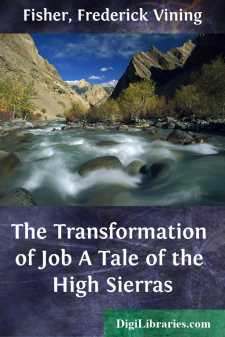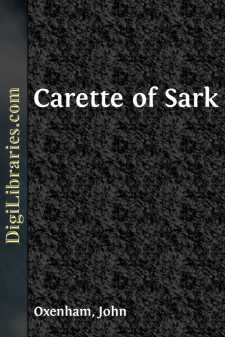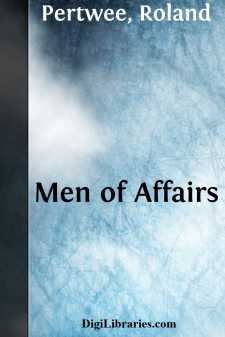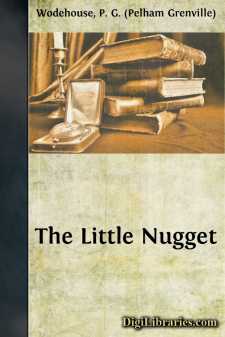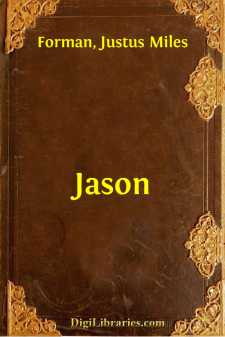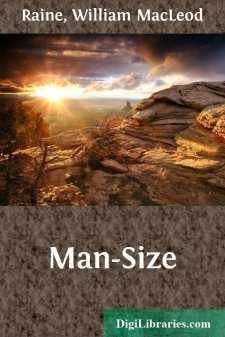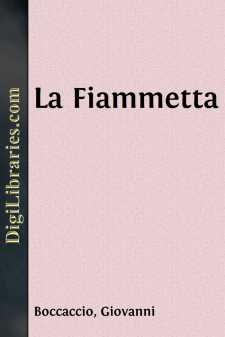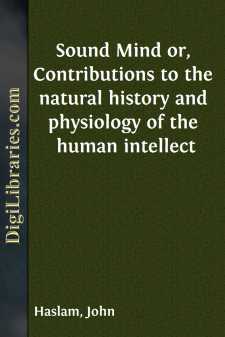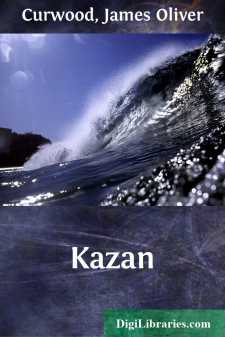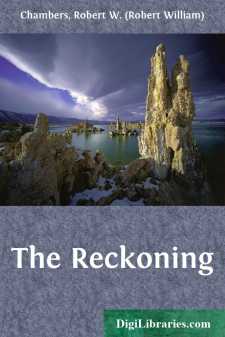Fiction
- Action & Adventure 180
- Biographical 15
- Christian 59
- Classics 6965
- Coming of Age 5
- Contemporary Women 3
- Erotica 8
- Espionage/Intrigue 12
- Fairy Tales, Folklore & Mythology 236
- Family Life 169
- Fantasy 117
- Gay 1
- General 596
- Ghost 32
- Historical 808
- Horror 43
- Humorous 160
- Jewish 25
- Legal 4
- Medical 22
- Mystery & Detective 315
- Political 49
- Psychological 41
- Religious 64
- Romance 159
- Sagas 11
- Science Fiction 730
- Sea Stories 113
- Short Stories (single author) 537
- Sports 10
- Suspense 1
- Technological 8
- Thrillers 2
- Urban Life 31
- Visionary & Metaphysical 1
- War & Military 173
- Westerns 199
Fiction Books
Sort by:
CHAPTER I. THE NEW ARRIVAL AT GOLD CITY. The stage was late at Gold City. It always was. Everybody knew it, but everybody pretended to expect it on time. Just exactly as the old court-house bell up the hill struck six, the postmistress hurriedly opened her door and stood anxiously peering up the street, the loafers who had been dozing on the saloon benches shuffled out and leaned up against the posts,...
more...
by:
John Oxenham
CHAPTER I HOW PAUL MARTEL FELL OUT WITH SERCQ To give you a clear understanding of matters I must begin at the beginning and set things down in their proper order, though, as you will see, that was not by any means the way in which I myself came to learn them. For my mother and my grandfather were not given to overmuch talk at the best of times, and all my boyish questionings concerning my father left...
more...
by:
Roland Pertwee
CHAPTER 1. DISSOLUTION. At a pawnshop in the Gray's Inn Road, Richard Frencham Altar disposed of the last of his worldly goods. Four suits from a tailor in Saville Row, two pairs of shoes in brown and patent by a craftsman of Jermyn Street, some odds and ends of hosiery, a set of dressing table brushes with black monograms on ivory and the gold cigarette case Doreen had given him on the day of...
more...
If the management of the Hotel Guelph, that London landmark, could have been present at three o'clock one afternoon in early January in the sitting-room of the suite which they had assigned to Mrs Elmer Ford, late of New York, they might well have felt a little aggrieved. Philosophers among them would possibly have meditated on the limitations of human effort; for they had done their best for Mrs...
more...
I STE. MARIE HEARS OF A MYSTERY AND MEETS A DARK LADY From Ste. Marie's little flat, which overlooked the gardens, they drove down the quiet rue du Luxembourg, and at the Place St. Sulpice turned to the left. They crossed the Place St. Germain des Prés, where lines of home-bound working-people stood waiting for places in the electric trams, and groups of students from the Beaux Arts or from...
more...
CHAPTER I IN THE DANGER ZONE She stood on the crown of the hill, silhouetted against a sky-line of deepest blue. Already the sun was sinking in a crotch of the plains which rolled to the horizon edge like waves of a great land sea. Its reflected fires were in her dark, stormy eyes. Its long, slanted rays were a spotlight for the tall, slim figure, straight as that of a boy. The girl's gaze was...
more...
Chapter I Wherein the lady describes who she was, and by what signs her misfortunes were foreshadowed, and at what time, and where, and in what manner, and of whom she became enamored, with the description of the ensuing delight. In the time when the newly-vestured earth appears more lovely than during all the rest of the year came I into the world, begotten of noble parents and born amid the unstinted...
more...
by:
John Haslam
The indulgence of the public has been already extended to several works which I have submitted to its decision on the subject of Insanity; and the same favourable interpretation is now solicited for the present performance,—which attempts the more difficult investigation of Sound Mind. In treating of Mental Derangement, I became very early sensible, that a competent knowledge of the faculties and...
more...
Chapter I The Miracle Kazan lay mute and motionless, his gray nose between his forepaws, his eyes half closed. A rock could have appeared scarcely less lifeless than he; not a muscle twitched; not a hair moved; not an eyelid quivered. Yet every drop of the wild blood in his splendid body was racing in a ferment of excitement that Kazan had never before experienced; every nerve and fiber of his...
more...
PROLOGUE ECHOES OF YESTERDAY His Excellency's system of intelligence in the City of New York I never pretended to comprehend. That I was one of many agents I could have no doubt; yet as long as I remained there I never knew but three or four established spies with residence in town. Although I had no illusions concerning Mr. Gaine and his "Gazette," at intervals I violently suspected Mr....
more...


